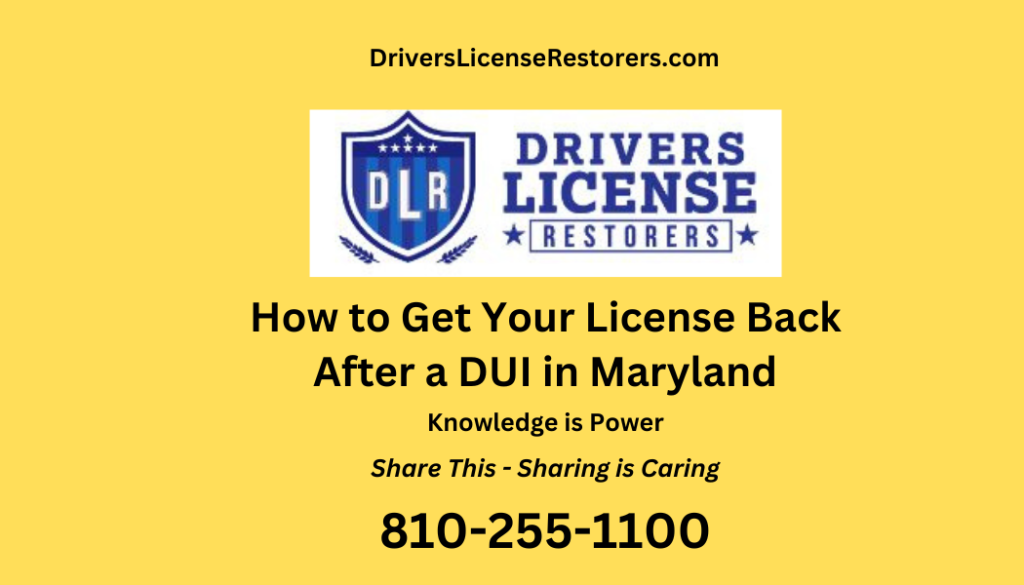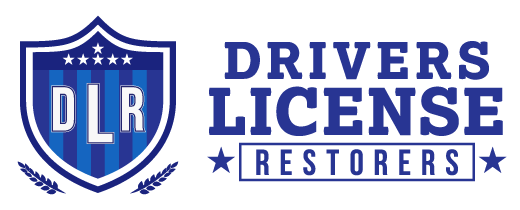To restore your driver’s license in Maryland after a DUI, you should follow these steps:
- Understand the reason for your suspension or revocation.
- Complete any required courses or programs, such as a certified alcohol treatment program if necessary.
- Pay any fines or fees associated with your DUI.
- Provide required documentation, which may include proof of satisfactory participation in a treatment program.
- Request a reinstatement hearing if applicable.
- Wait for your license to be reinstated, adhering to the waiting period which varies based on the number of revocations.
- Maintain safe driving habits to avoid future incidents.
For the Maryland DMV contact information, you can reach out to:
- Maryland Motor Vehicle Administration
- Phone: +1 (410) 768-7000
- TTY: +1 (800) 492-4575
- For more contact options and services, you can visit the official MVA website.
Please note that the process can vary depending on individual circumstances, and it is advisable to consult with legal counsel or contact the DMV directly for guidance tailored to your specific situation. Finding a way to get your license back after a DUI in Maryland will enable you to regain your freedom!
Find the Right Maryland DUI Attorney
If you need a Maryland attorney for any of the charges in your driving record that are unresolved such as: OWI, DUI, Traffic tickets, Criminal Defense, Drug Charges etc. please check our Maryland Attorney Directory. Find an attorney who meets your individual needs in pursuit of your Maryland drivers license restoration. Having the right Maryland attorney is instrumental in getting your Maryland drivers license reinstated with DUI’s on your record. Find an attorney that works for YOU!
Does Treatment Help in License Restoration
In Maryland, engaging in a DUI treatment program can be beneficial for individuals facing DUI charges. Treatment programs are often viewed by the courts as a proactive step, demonstrating the individual’s acknowledgment of the issue and willingness to address it. This can potentially influence the court’s decision, possibly leading to reduced charges or a more lenient sentence.
Moreover, from a personal standpoint, these programs can provide valuable help to those struggling with substance abuse, which may be at the root of the DUI offense. It’s important to note that the effectiveness of such programs can vary based on the individual’s commitment and the specifics of the case. For legal advice tailored to your situation, consulting with a qualified attorney is recommended.


